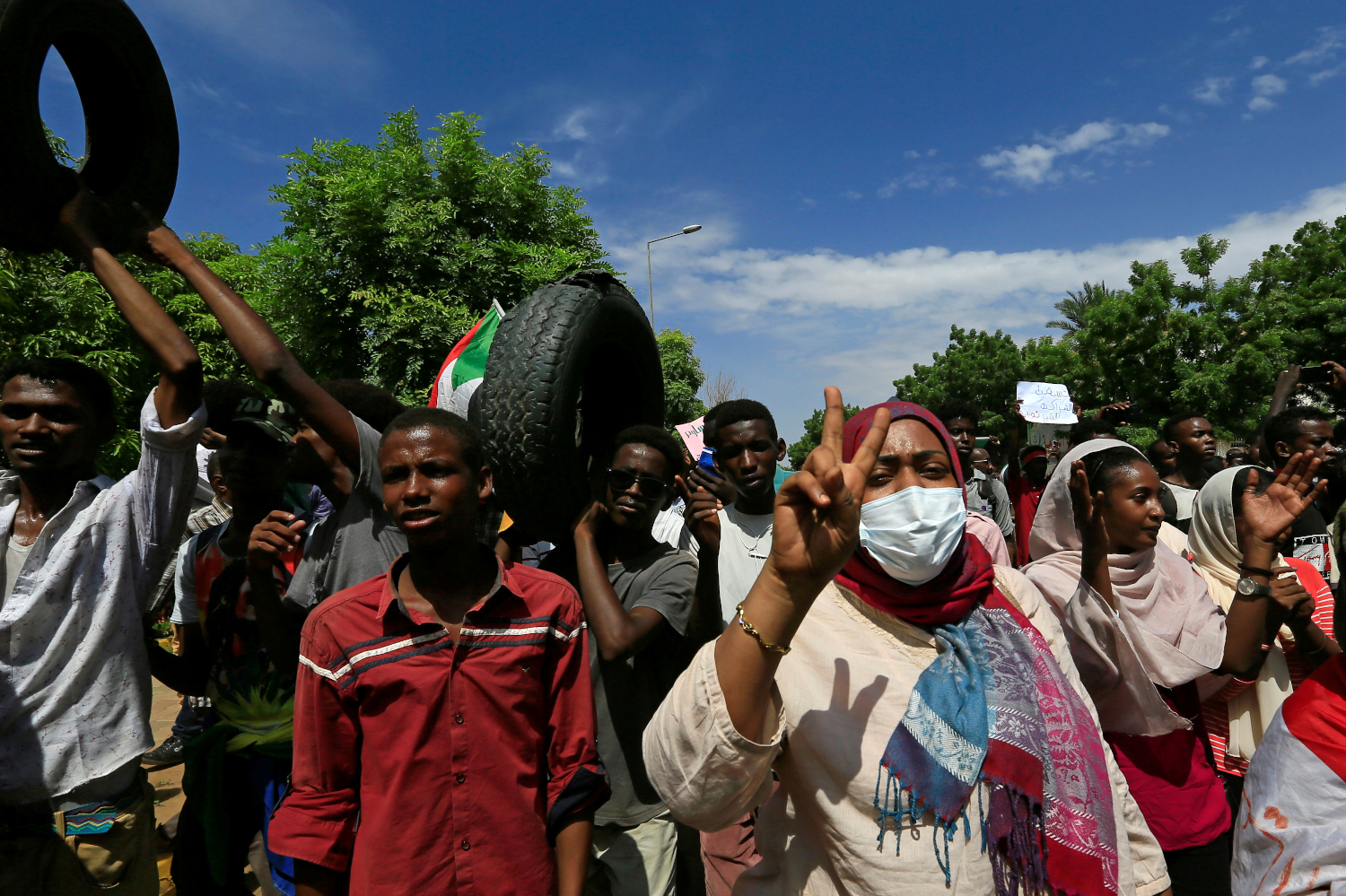Sarah Rashad
A new decline awaits Islamist groups in the Arab region, based on the agreement signed by the head of the Sudanese Sovereignty Council, Lieutenant General Abdel Fattah al-Burhan, and the head of the Sudan People’s Liberation Movement – North, Abdelaziz al-Hilu, on Sunday, March 28 in the capital of South Sudan, Juba, and they agreed to separate religion from the state.
New Sudan
With this agreement, which guarantees a ceasefire and a transitional phase that ends with the formation of a unified army, the establishment of a federal democratic state that guarantees freedom of religion and belief, and that the state does not adopt any official religion, Sudan has returned from the arms of Islamists after it was kidnapped by the Brotherhood, which was represented by the government of deposed President Omar al-Bashir.
Sudan is thus converging with the developments in the region regarding the retreat of Islamist groups, starting with the overthrow of the Brotherhood in Egypt and the siege of the Ennahda movement in Tunisia, in addition to Libya, which is witnessing a decline in the power of terrorist factions trading in religion and is run by a government whose mission is to hand the country over to a civil authority in democratic elections, and especially Turkey’s relative abandonment of the Brotherhood in exchange for improving relations with Egypt.
These developments indicate that the region is bidding farewell to the era of Islamists, or at least noticeably succeeding in blockading them after they caused chaos in countries like Libya, Sudan, Syria, and especially Egypt, which spent a year under Brotherhood rule.
This reinforces the civil rhetoric that Hamas began to adopt, as the Brotherhood-backed movement in the Gaza Strip began to abandon some of what it considered as its constants to assert its civility.
Disavowing Islamists
Hamas is trying to emphasize its distance from militancy after it found the entire region heading towards rejecting Islamists, leaving only the Tunisian Ennahda movement, which controls the country’s parliament. However, since the beginning of this year, Ennahda has been facing protests and demands to exclude it from the political scene. The last of these protests were popular demonstrations demanding the dissolution of parliament and the holding of new elections, which was rejected by Ennahda leader and Parliament Speaker Rached Ghannouchi.
Political analyst Khalifa bin Salem said in press statements that there are regional and international transformations that will end the Brotherhood’s role in the region after 10 years of rule.
He added that among these transformations are reconciliations in the region and transformations in Libya, noting that the Western powers that bet on the Islamists in the context of the Arab Spring changed their viewpoint after its failure, which will contribute to uncovering all the beneficiaries of this period.








































admin in: How the Muslim Brotherhood betrayed Saudi Arabia?
Great article with insight ...
https://www.viagrapascherfr.com/achat-sildenafil-pfizer-tarif/ in: Cross-region cooperation between anti-terrorism agencies needed
Hello there, just became aware of your blog through Google, and found ...